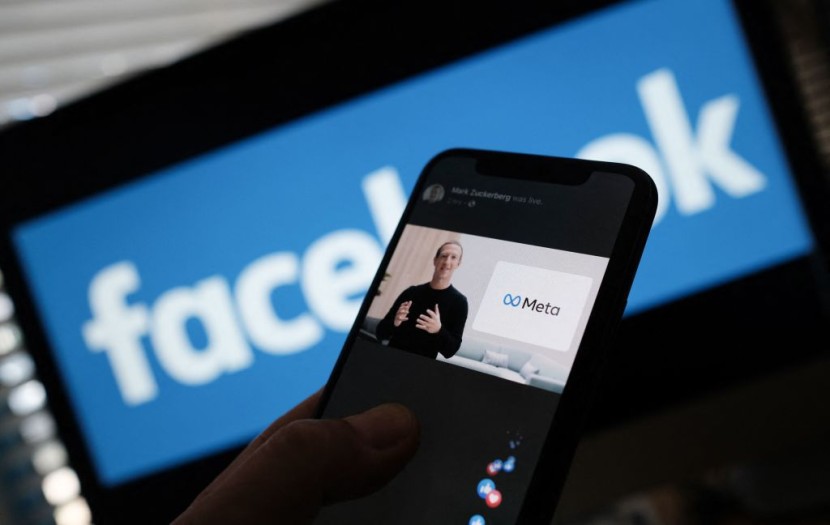
The protracted conflict between Canadian authorities and Meta, the parent corporation of Facebook and Instagram, has reached a crucial stage as wildfires continue to devastate Canada's Northwest Territories.
The ban, initiated in response to a new Canadian law, has ignited a debate about the responsibilities of tech giants and their impact on emergency communication and the dissemination of accurate information, Washington Post reported.
Canadian Authorities, Meta Company Tensions Rise Amid Wildfires
Amidst the raging wildfires, Canadian authorities are urging Meta to reconsider its ban on news sharing, which prevents users from sharing news links on Facebook and Instagram. The ban, enacted in June, coincided with the passing of a law in Canada allowing news organizations to negotiate payment for articles shared on social media platforms.
The ban's consequences are acutely felt in remote regions where social media plays a crucial role in disseminating news, such as evacuation instructions during emergencies.
As wildfires sweep through the region, evacuation orders have expanded, and a state of emergency has been declared in Kelowna, a city of 150,000 people. In the face of intensifying wind gusts, authorities urgently advised all 20,000 residents of Yellowknife, the capital of the Northwest Territories, to evacuate.
However, the lack of news links on Meta's platforms has hindered the public's access to accurate information about the fires and evacuation procedures, raising concerns about misinformation and the spread of unreliable information.
Meta's ban on news sharing is part of its broader resistance to regulatory proposals worldwide that advocate for social media companies to compensate news organizations for content shared on their platforms.
Meta contends that the revenue drawn from news content is overstated and asserts that media outlets benefit from subscriptions and increased readership due to their presence on its platforms. The company argues that being forced to pay for shared content would be unsustainable for its business.
In response to the news ban's impact during emergencies, Meta activated the "Safety Check" feature on Facebook, enabling users to update their safety status during crises, according to Livemint.
Jeopardy Due to Ongoing News Ban
However, the ban's restrictions on sharing news links persist, prompting concerns about access to comprehensive information during critical times. Canadian authorities, including Prime Minister Justin Trudeau, have criticized Meta's stance, highlighting the dangers posed to democracy and journalism by the suppression of news content.
The wildfires' aftermath underscores the need for a delicate balance between tech giants' responsibilities and the role they play in facilitating accurate information dissemination, particularly during emergencies.
The absence of news links has led individuals to resort to sharing screenshots on Facebook, emphasizing the limitations of this approach in conveying comprehensive news updates.
As wildfires continue to devastate the Northwest Territories, the clash between Meta and Canadian authorities serves as a powerful reminder of the crucial role that social media platforms play in communicating emergency information.
The incident raises pertinent questions about accountability, the responsibility of tech giants, and the impact of regulatory decisions on public safety.
Amid a climate of misinformation and heightened reliance on digital platforms, a collaborative approach between tech companies, news organizations, and policymakers is crucial to ensure that accurate and timely information reaches those who need it the most, as per The Guardian.
© 2025 HNGN, All rights reserved. Do not reproduce without permission.








